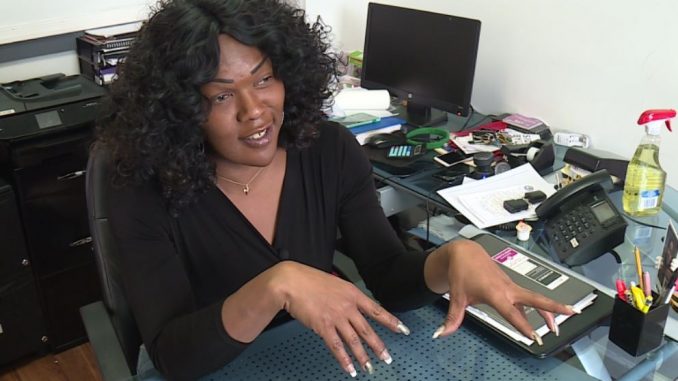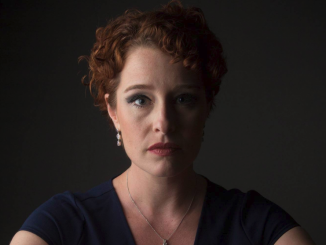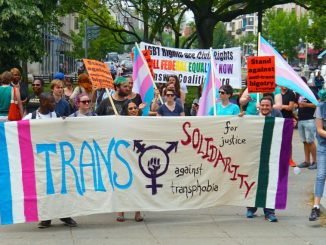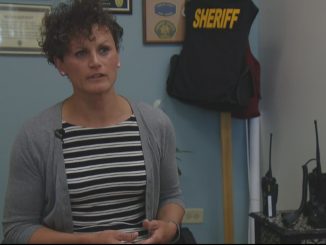
- A panel of experts converged at Virginia Commonwealth University (VCU), sharing their knowledge on how public policies such as immigration, health care, criminal justice and emergency management shape the lives of transgender and non-binary people.
- The event was organized by Peter Jenkins, a doctoral student at the L. Douglas Wilder School of Government and Public Affairs.
- Jenkins explained that many tend to underestimate the number of transgender people today despite the findings of a 2017 survey conducted by GLAAD that revealed 12 percent of the millennial population are openly transgender.
The future of individuals who self-identify as transgender or non-binary was the topic of discussions among experts in a university, looking into the impact of public policy on their lives.
On March 28, a panel of experts converged at Virginia Commonwealth University (VCU), sharing their knowledge on how public policies such as immigration, health care, criminal justice and emergency management shape the lives of transgender and non-binary people, according to transgender news article by Capital News Service and posted on WTKR website on March 29.
Then and now
Zakia McKensey, a certificied HIV test counsellor and Nationz Foundation founder, narrated her transition male to female over two decades ago and shared she needed to travel 500 miles to Georgia to look for and find a medical professional who would let her undergo sex reassignment surgery.
“I had to go to Baltimore for hormone therapy,” she said, joining the panel of experts during the discussion. “There were not any medical providers in Richmond doing that work.”
Her group, the Nationz Foundation, is based in Richmond, Virginia and offers services in raising awareness and providing information related to preventing the spread of HIV, cancer awareness, and overall health and wellness.
Another expert, Austin Higgs, said in an interview, “It’s a huge part of who I am.”
Higgs identifies as genderqueer, a person who is not entirely male or female. Working as community engagement officer and special assistant to the president and CEO at Richmond Memorial Health Foundation, he continued, “It’s been a long journey for me, and I am actually proud of who I am. I want the world around me to recognize who I am.”
Transgender community
Joining Higgs and McKensey were Shabab Mirza, research assistant at the LGBT Center for American Progress, and Liz Coston, VCU’s Department of Sociology instructor.
The event was attended by 200 students and other community members and organized by Peter Jenkins, a doctoral student at the L. Douglas Wilder School of Government and Public Affairs. Jenkins also moderated the discussions together with Kudhai Tanveer, a fellow at the National Queer Asian Pacific Islander Alliance.
Jenkins explained that many tend to underestimate the number of transgender people today despite the findings of a 2017 survey conducted by GLAAD, a non-government organization founded by LGBT people working in the media, which revealed 12 percent of the millennial population are openly transgender.
Challenges
One of the issues confronting the members of transgender community today identified during the event was documentation and refugees.
“For many years, I have questioned why there is any gender on any documentation,” McKensey explained. “Does it really matter if I’m male or female to drive a car? I would like to see no gender on any documentation. I don’t think it really matters, as long as it’s you on the ID.”
She further stated that the healthcare system needed to do more for the trans community. Providing better healthcare would need training, education, and conversation.
“Our medical providers are not informed — not all of them. I also think it’s important to build a network, knowing who those affirming doctors are that our community can go to,” she stated.
Another area that trans and non-binary people face challenges is the prison system.
The experts said that prisons currently had difficulty dealing with them due to gender, sex, and gender expression, and particularly among people of color. These difficulties include violence, sexual assault, wrongful placement in jail due to gender, and denial to necessary services such as hormone replacement therapy, counselling, and appropriate garments.
Higgs said that discrimination against transgender and non-binary individuals does not only come from straight people, but also can come from within members of the LGBT community.
“We have to admit that there is a problem within the community,” Higgs remarked. “I think a lot of people outside of our community are surprised that this happens. It’s hard to kind of admit those problems when we’re just trying to survive and get the rights we should already have.”



Be the first to comment